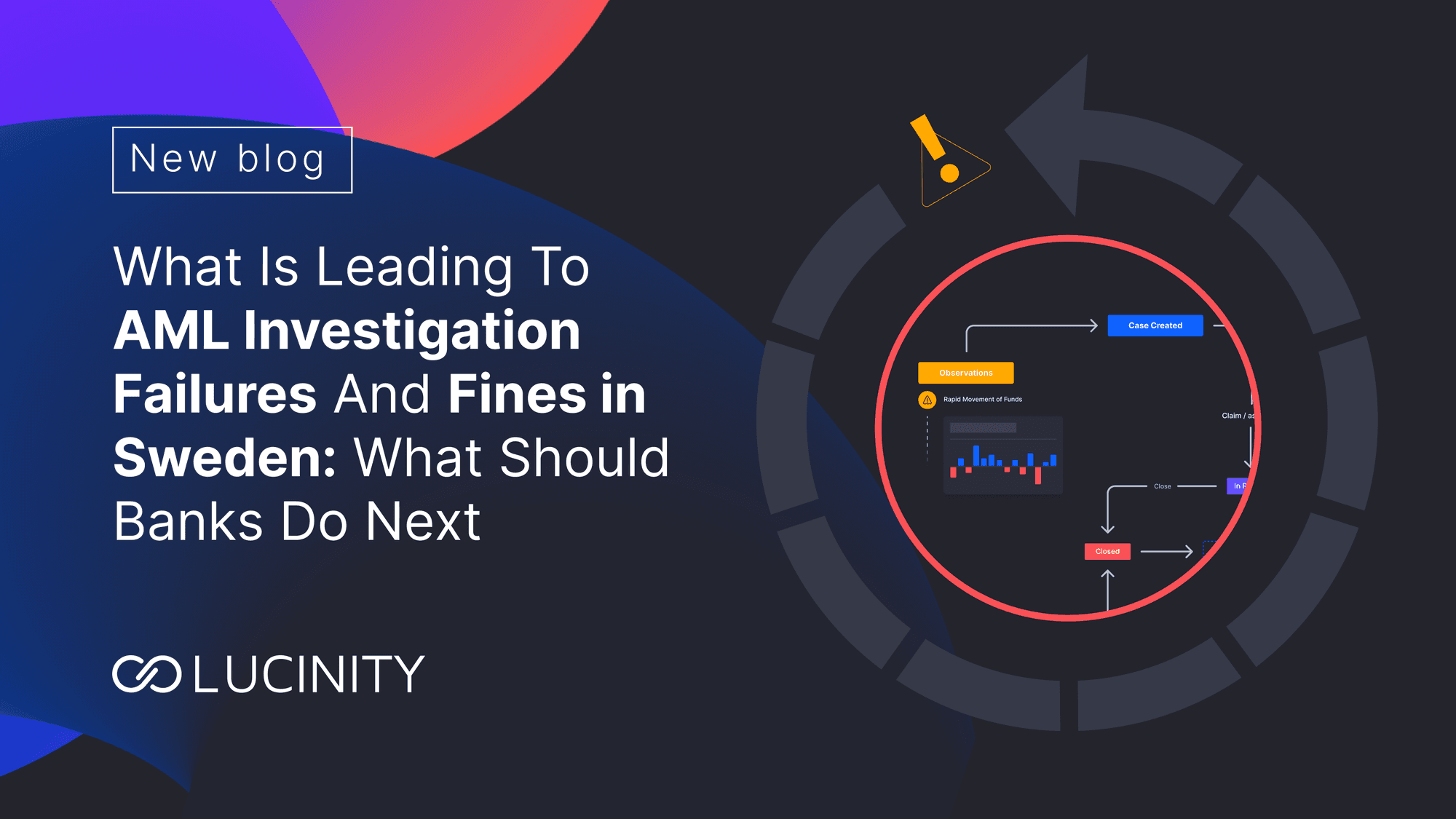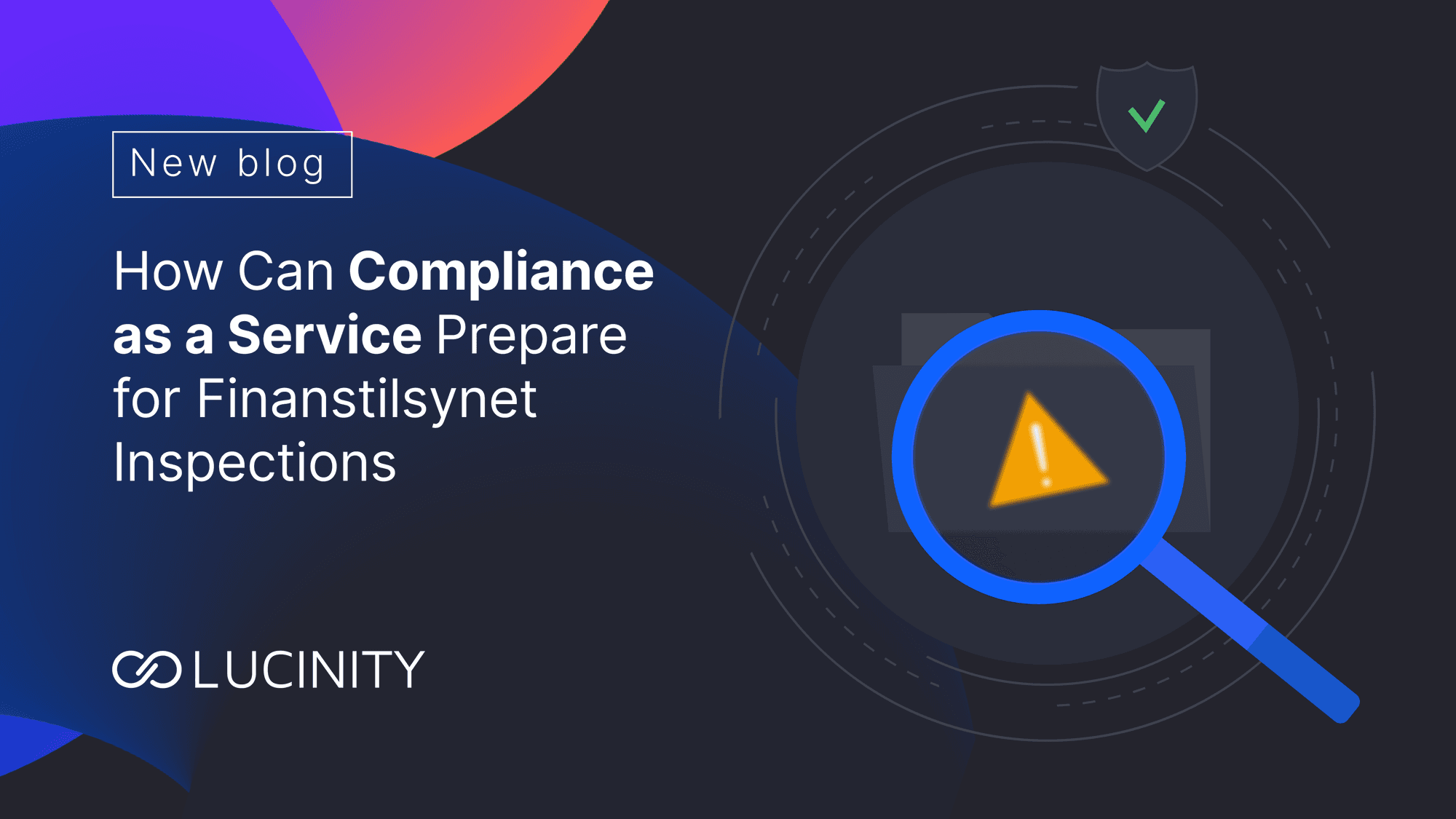Are We in This Together? Dutch Banks Introduce Fees to Fight Money Laundering
Dutch banks have recently introduced fees hitting commercial customers, foundations, and churches. These fees cover the extra compliance costs needed to fight financial crimes. The measure has been assessed as "bizarre and ridiculous" by the customer segments affected.
"We're all in this together if we're in it at all" – Johnny Cash
ABN AMRO, ING, and SNS are the three major Dutch banks that have recently introduced fees hitting commercial customers, foundations, and the church. Rabobank will be the fourth, following close behind. These fees cover the extra compliance costs needed to fight financial crimes like money laundering and terrorism financing.
The measure has been assessed as "bizarre and ridiculous" by the customer segments affected. The Dutch Banking Association (DBA) has justified this move based on rising costs and increasing staff involvement in related activities. Their reasoning comes when global compliance costs are near $215bn, with financial institutions in the Netherlands footing a $750m bill.
A Solution To Rising AML Costs
While this controversial initiative addresses rising AML costs, it comes across as a short-sighted solution that does not empathize with its customers.
- Increasing Compliance costs are a reality, especially in markets hit by rising inflation and the cost of living. This has been repeatedly highlighted from different angles: the institutions themselves, regulatory bodies, and solution providers advocating for more efficient ways of tackling financial crime through better automation and use of resources. In this respect, it looks like the initiative is trying to reduce costs creatively but not tackling the problem at its core.
- Calling for involvement from all sectors affected. This time, the same customers can be victims of financial crime. It seems like an effective way to raise awareness, much like institutions have done in other areas such as sustainability or diversity & inclusion. While society generally understands those issues, financial crime does not enjoy that level of awareness. It might be advisable to ensure people are well-informed before hitting them with fees.
- Consider the recent Bunq case, coincidentally also in The Netherlands. Courts ruled in favor of adopting advanced solutions and controls against financial crime. Invest in technology rather than adopt a solution perceived as a "check-in-the-box" exercise to reduce costs or improve reputation because everyone "does their part."
Empathy is Key
These banks must recognize the cultural element in fighting financial crime. There seems to be an outdated perception that money laundering is a "victimless crime." However, before actively involving its target/victim segment, banks need understand the costs and risks affecting people's daily lives.
Anyone joining a financial institution will hear, write, and be assessed through mandatory training that "Compliance is everyone's responsibility." However, smart investments in technology that can effectively implement such a compliance program are significantly better than "offshoring" costs from potentially outdated processes and systems to victims of financial crime.
Understanding the FinCrime Problem
Awareness of what financial crime looks like is an integral element of any financial institution's anti-money laundering program, both internally and externally. In the same way single-use plastic is not sustainable, there should be basic awareness of what a shame NPO financing terrorism looks like, for example.
"Companies are already dealing with the nuisance caused by banks because they are taking a stricter than necessary approach to money laundering checks", the Confederation of Netherlands Industry and Employers said. "And now they are picking up the bill as well."
Based on the reaction and prospective lack of traction, a more realistic option aligned with current trends is to bring the right technology that helps achieve better process collaboration and efficiency, sets up the basis for enhanced effectiveness, and produces the needed education and understanding. Performing a comprehensive analysis to determine how automated solutions can improve existing controls (or replace outdated ones) may bring better results for FIs and their clients. Implementing the right AML technology is thus a more productive and effective response than forcing customers to help from their pockets.





